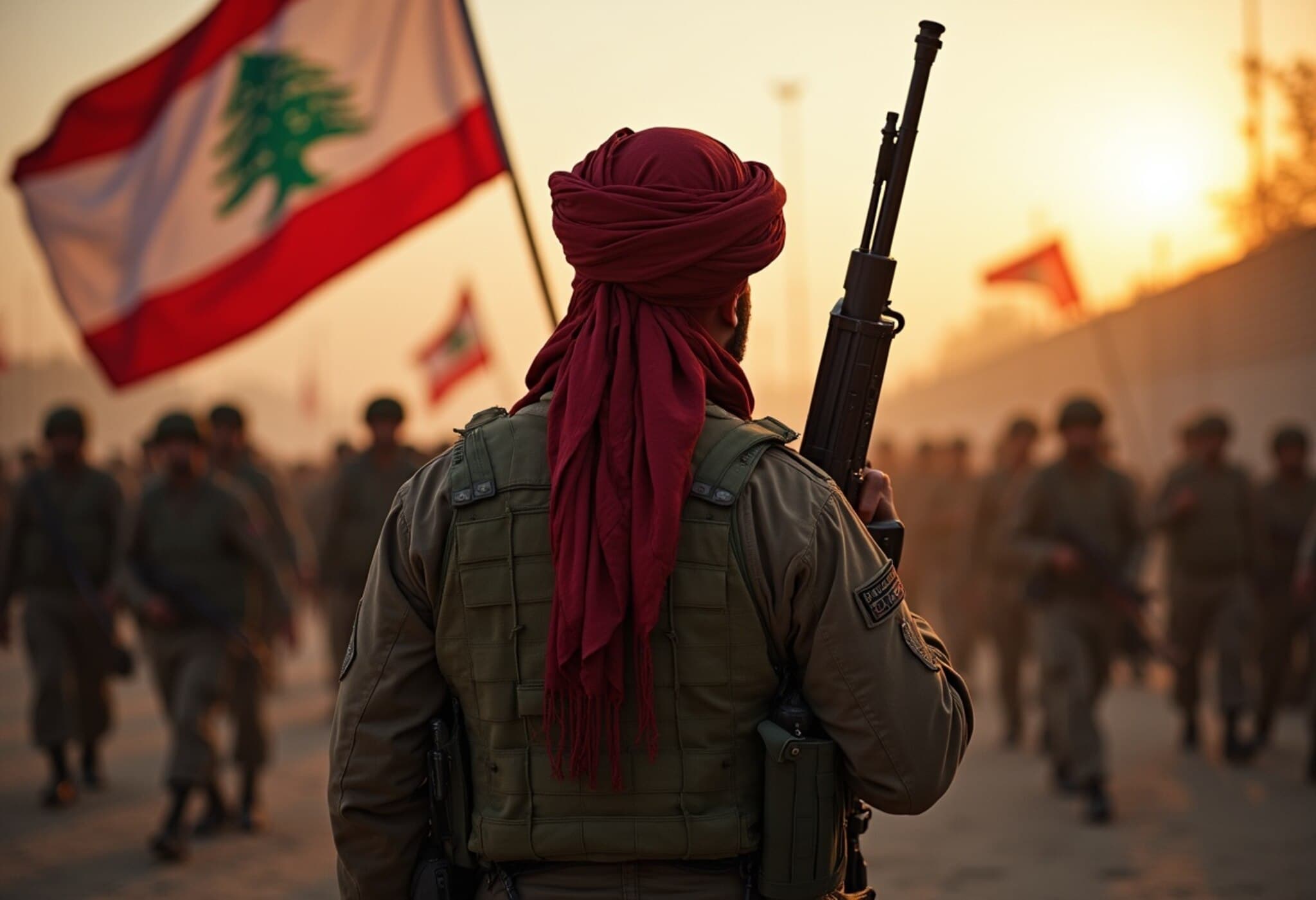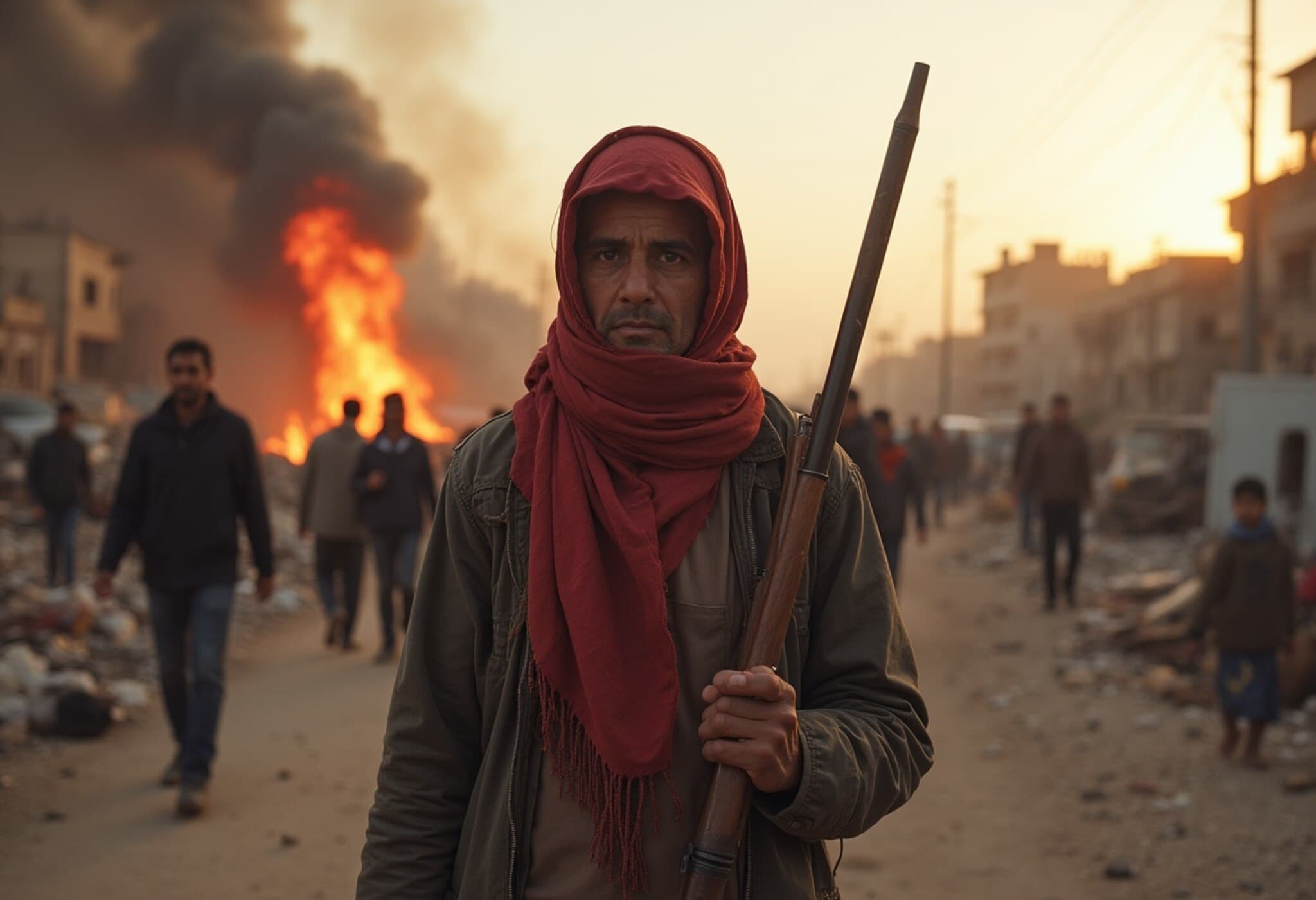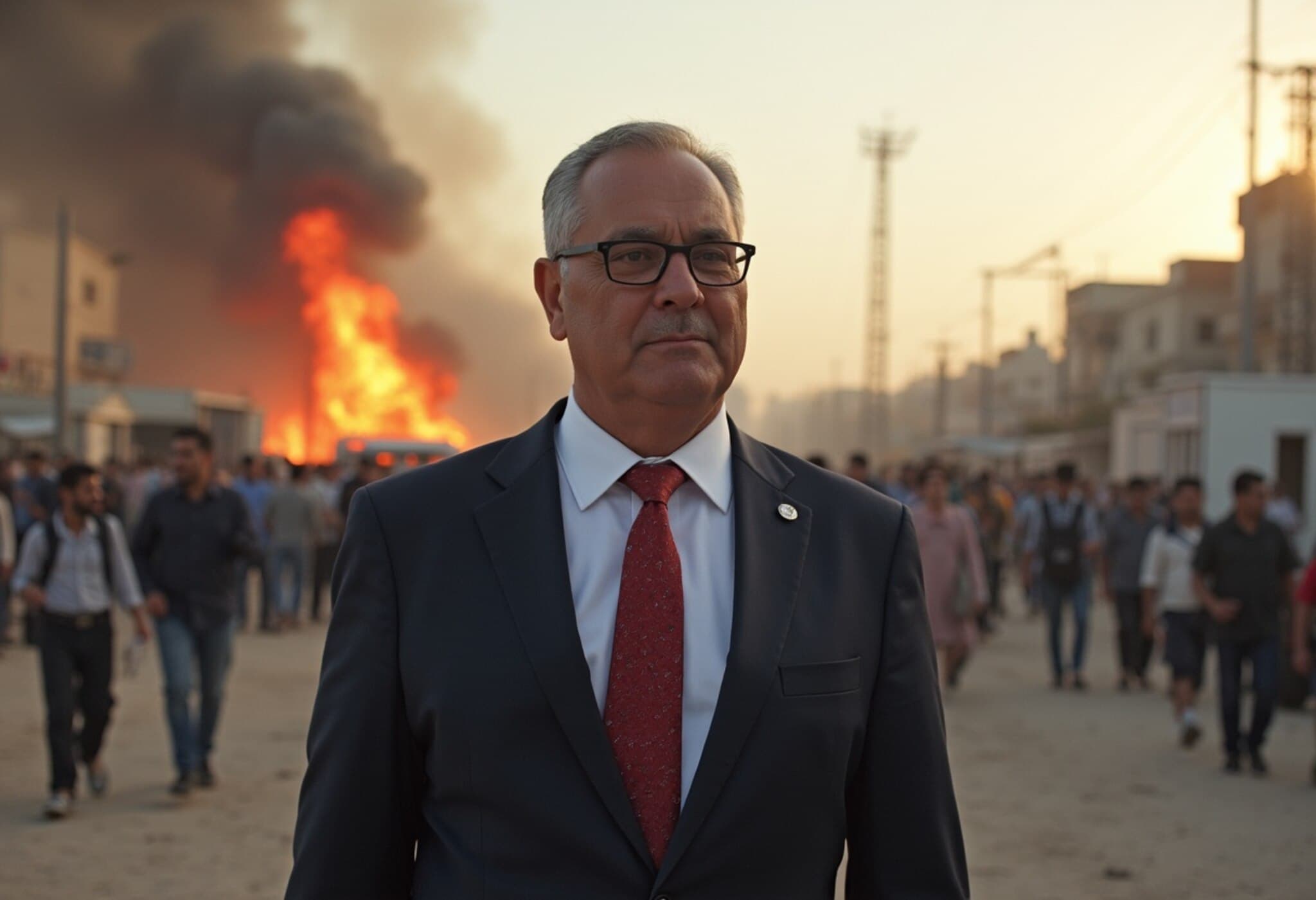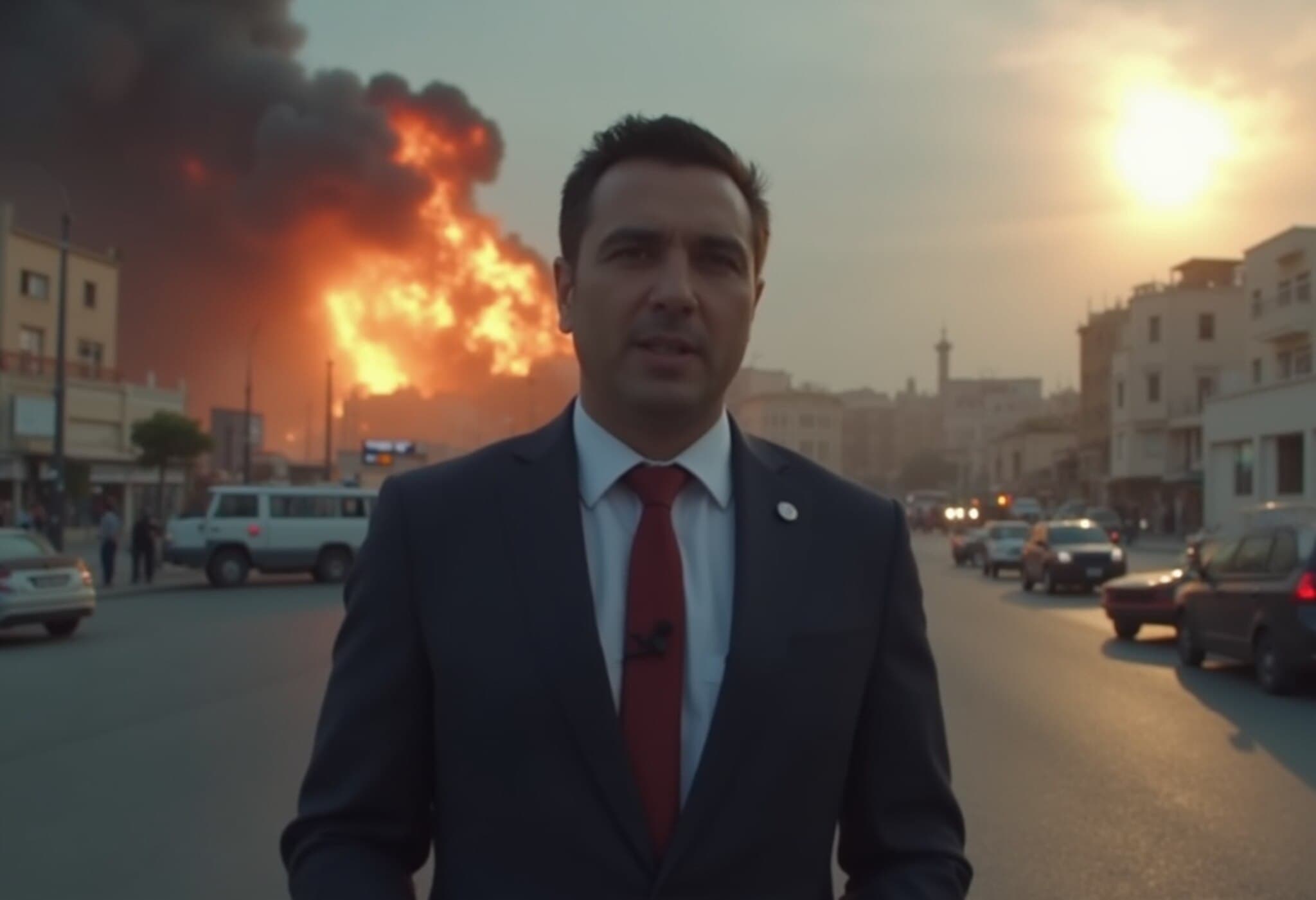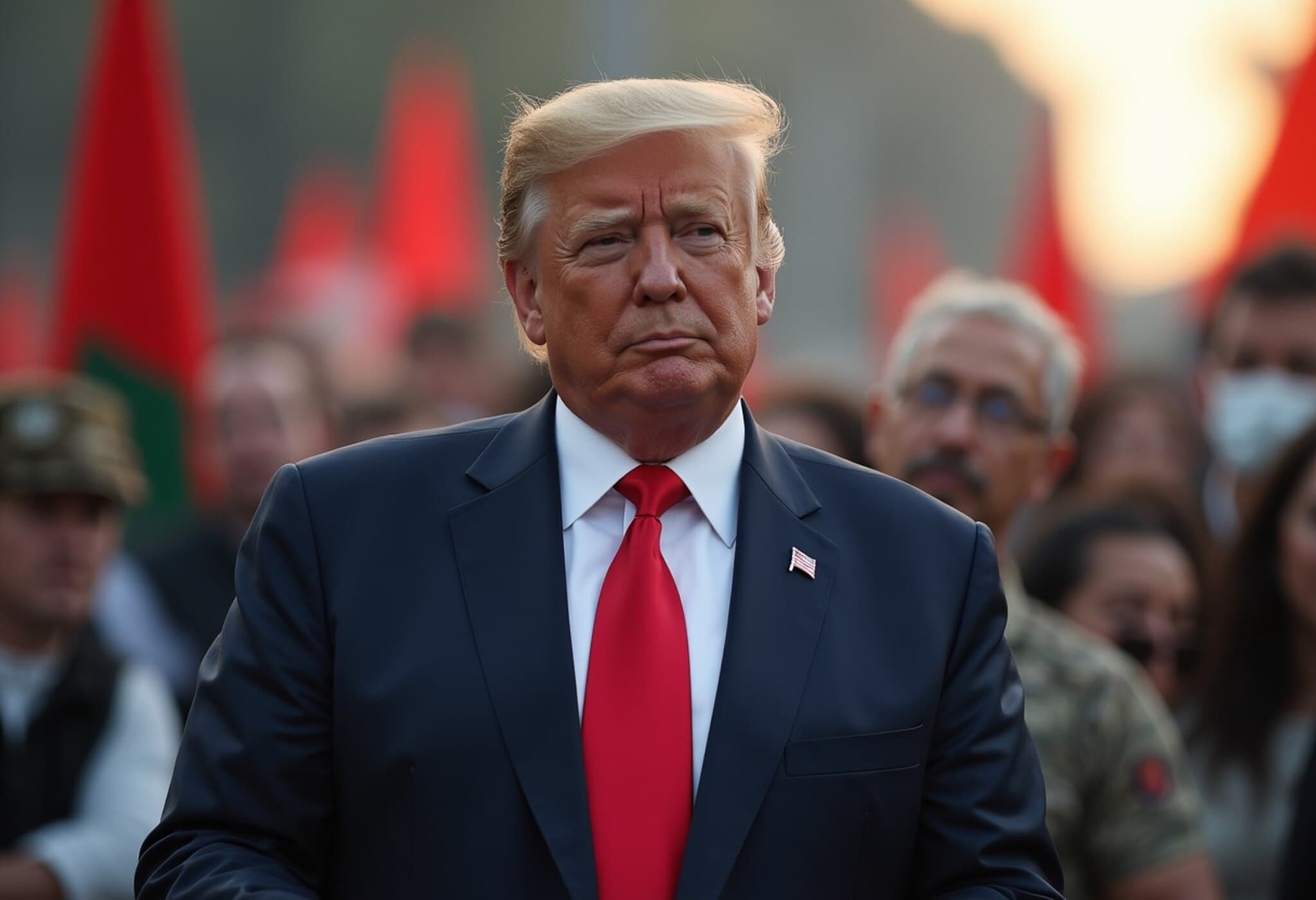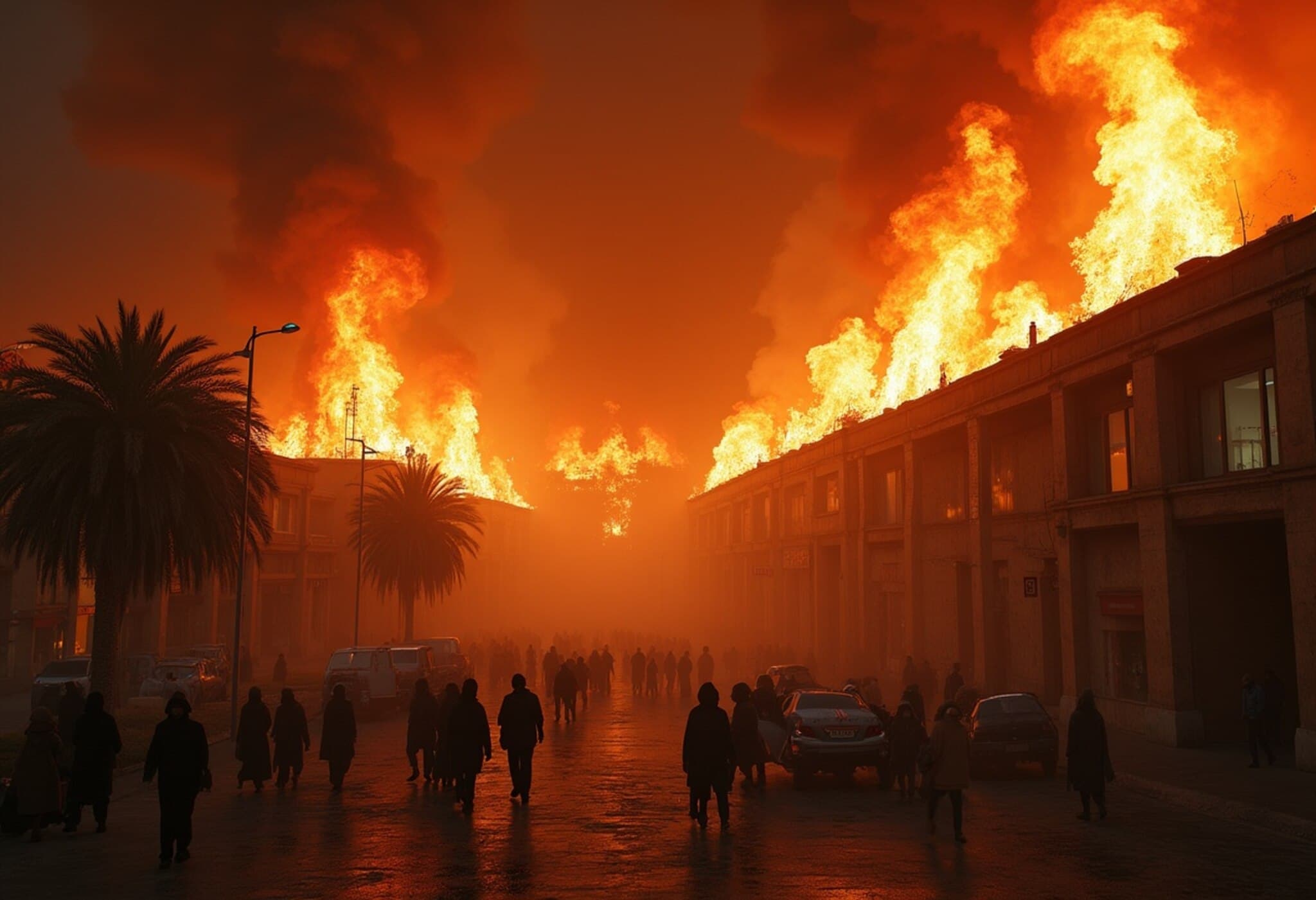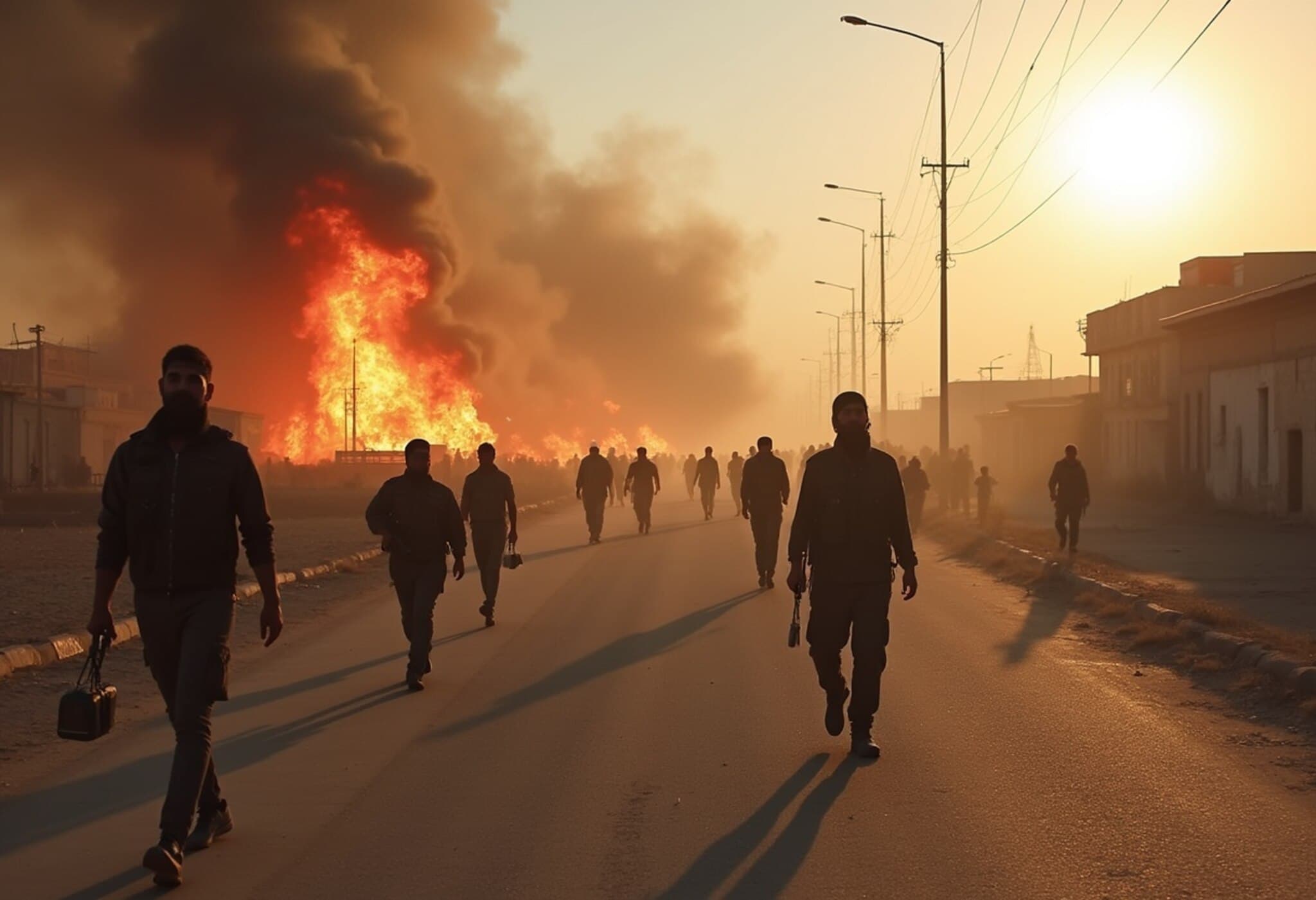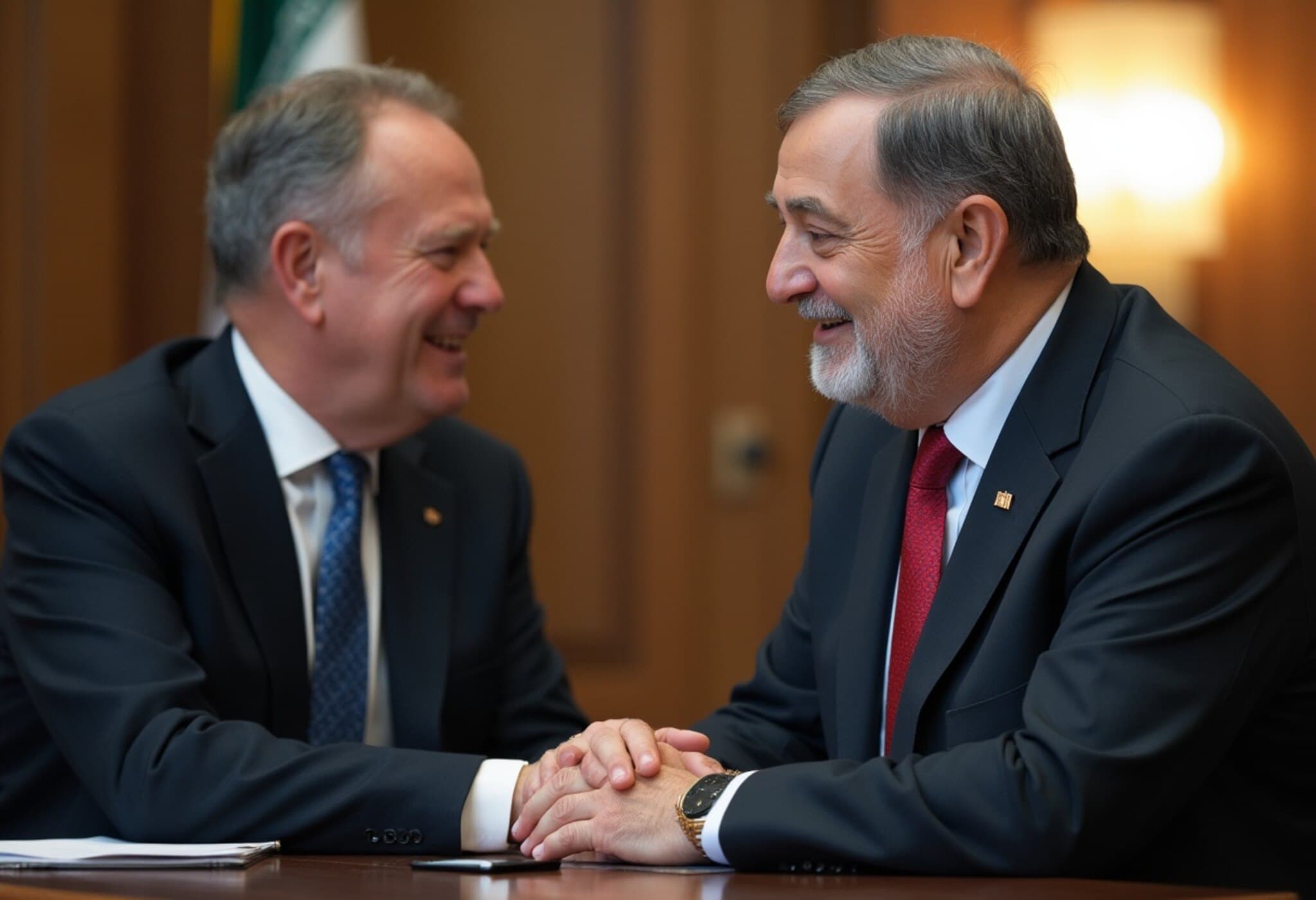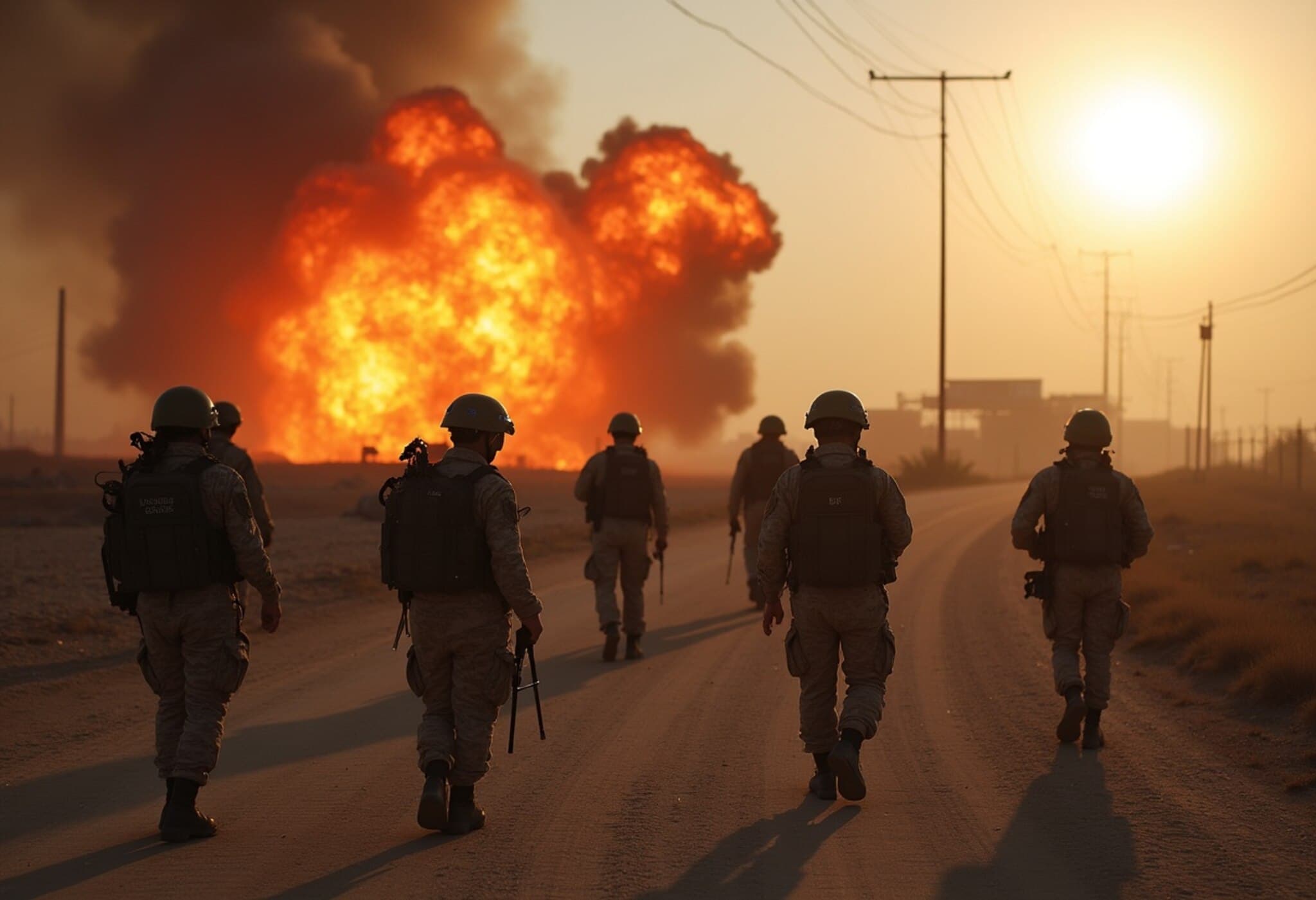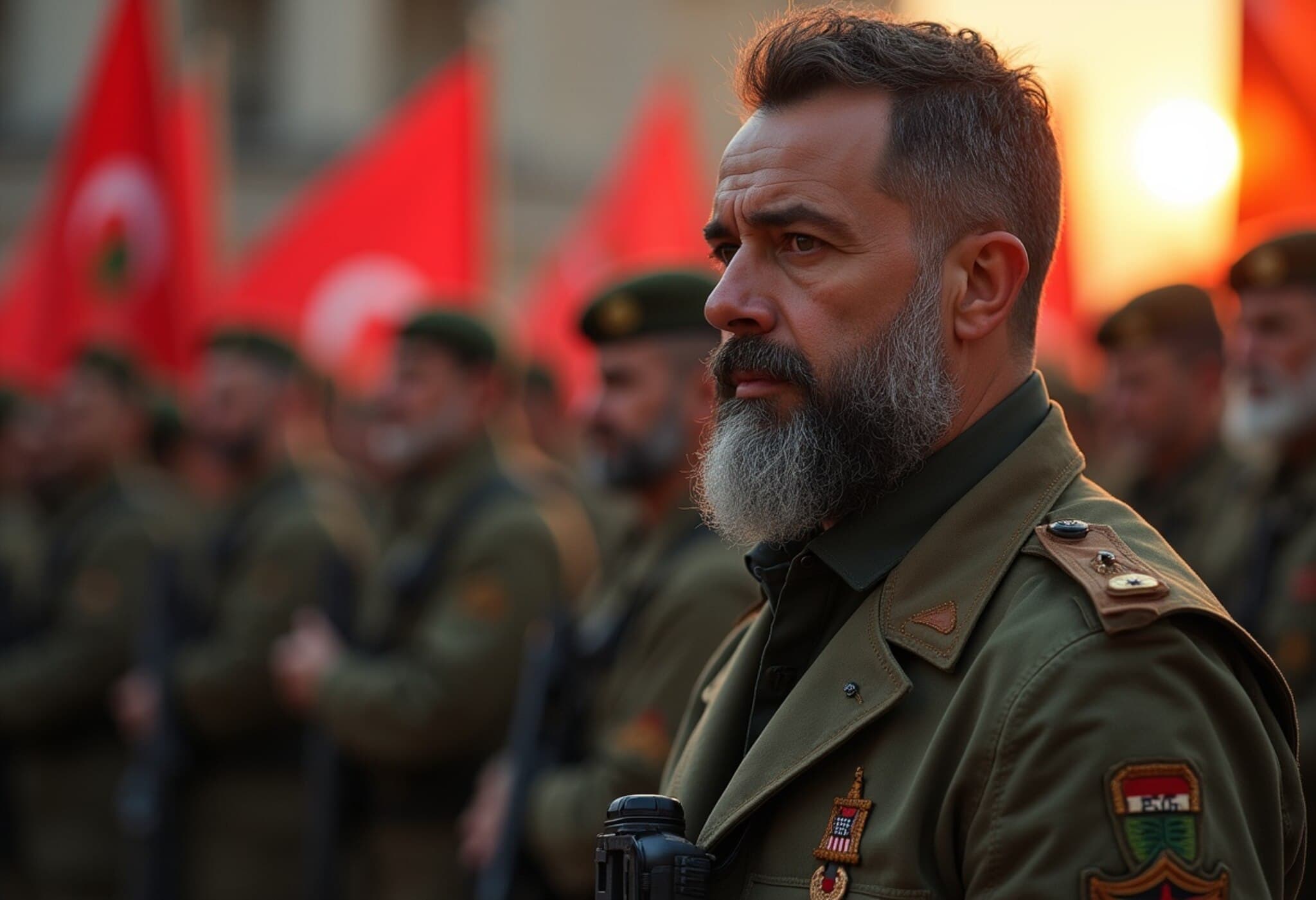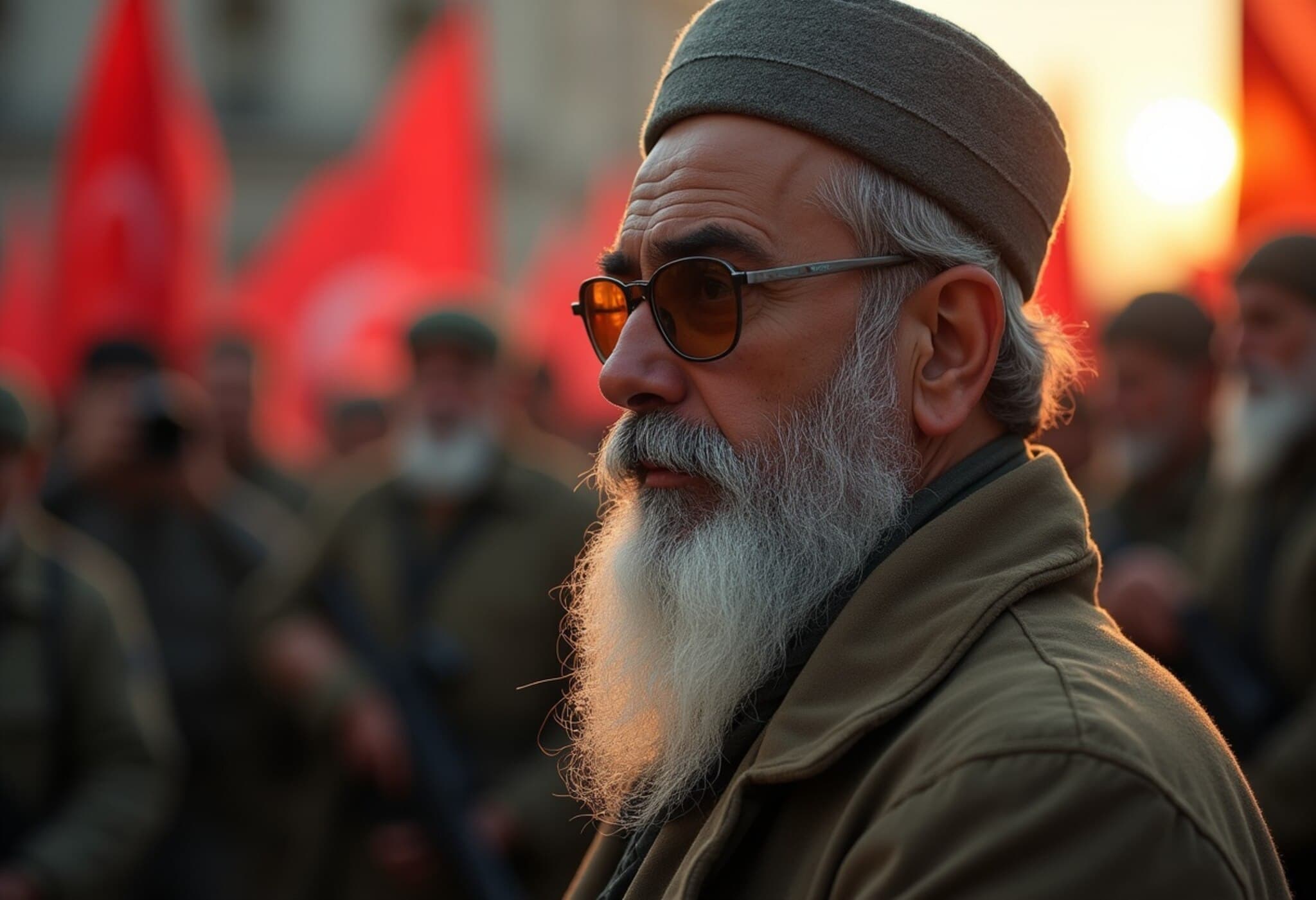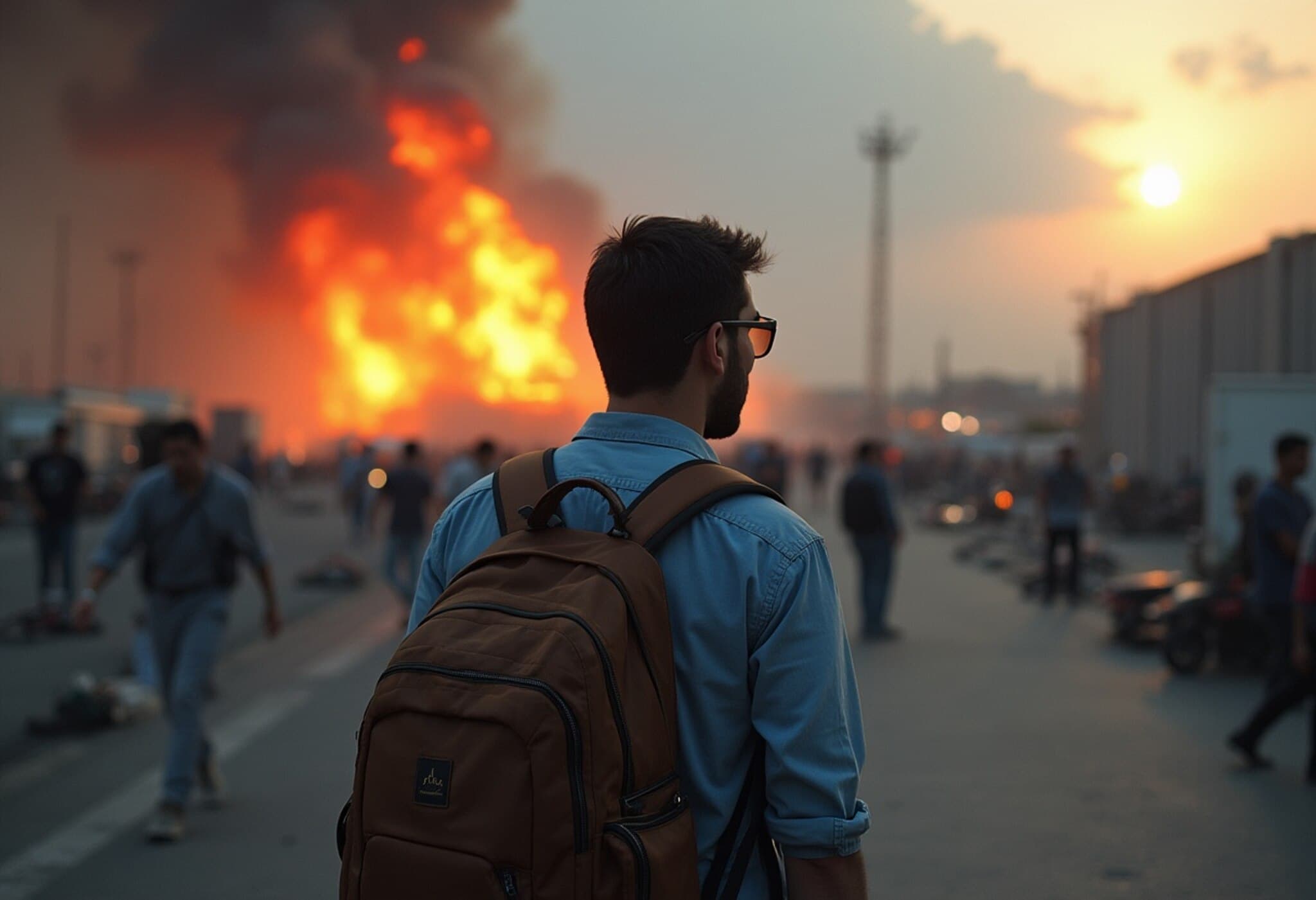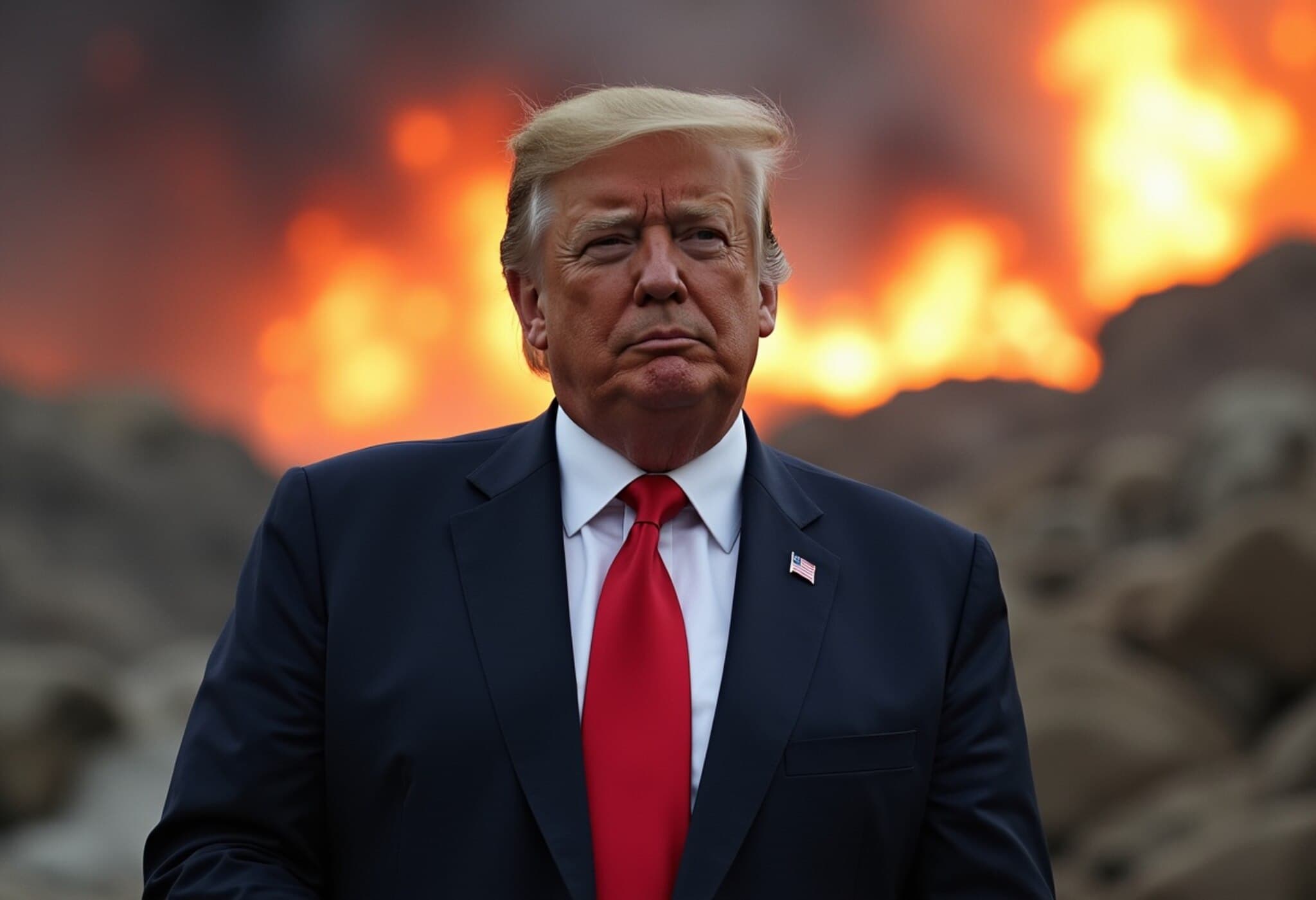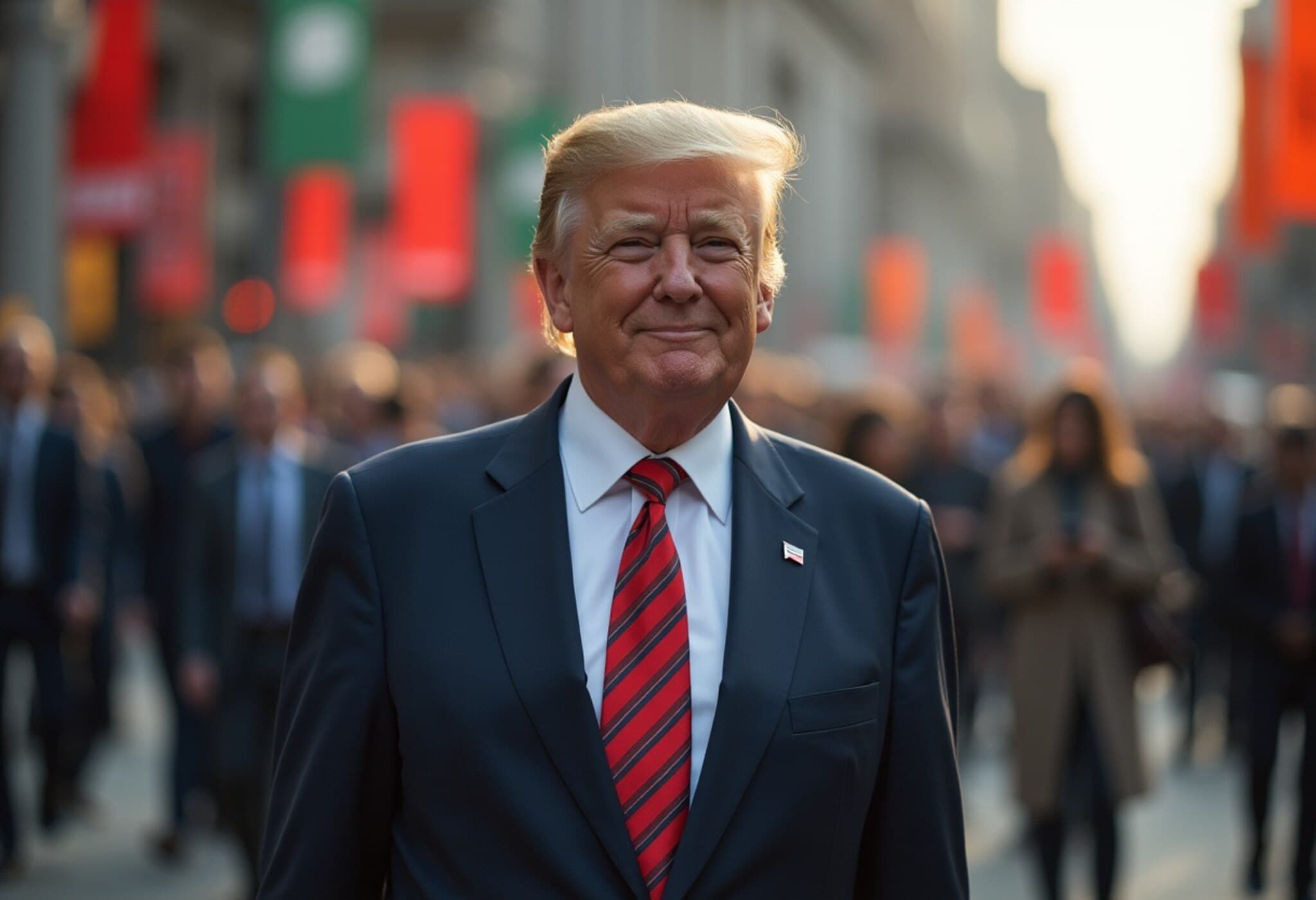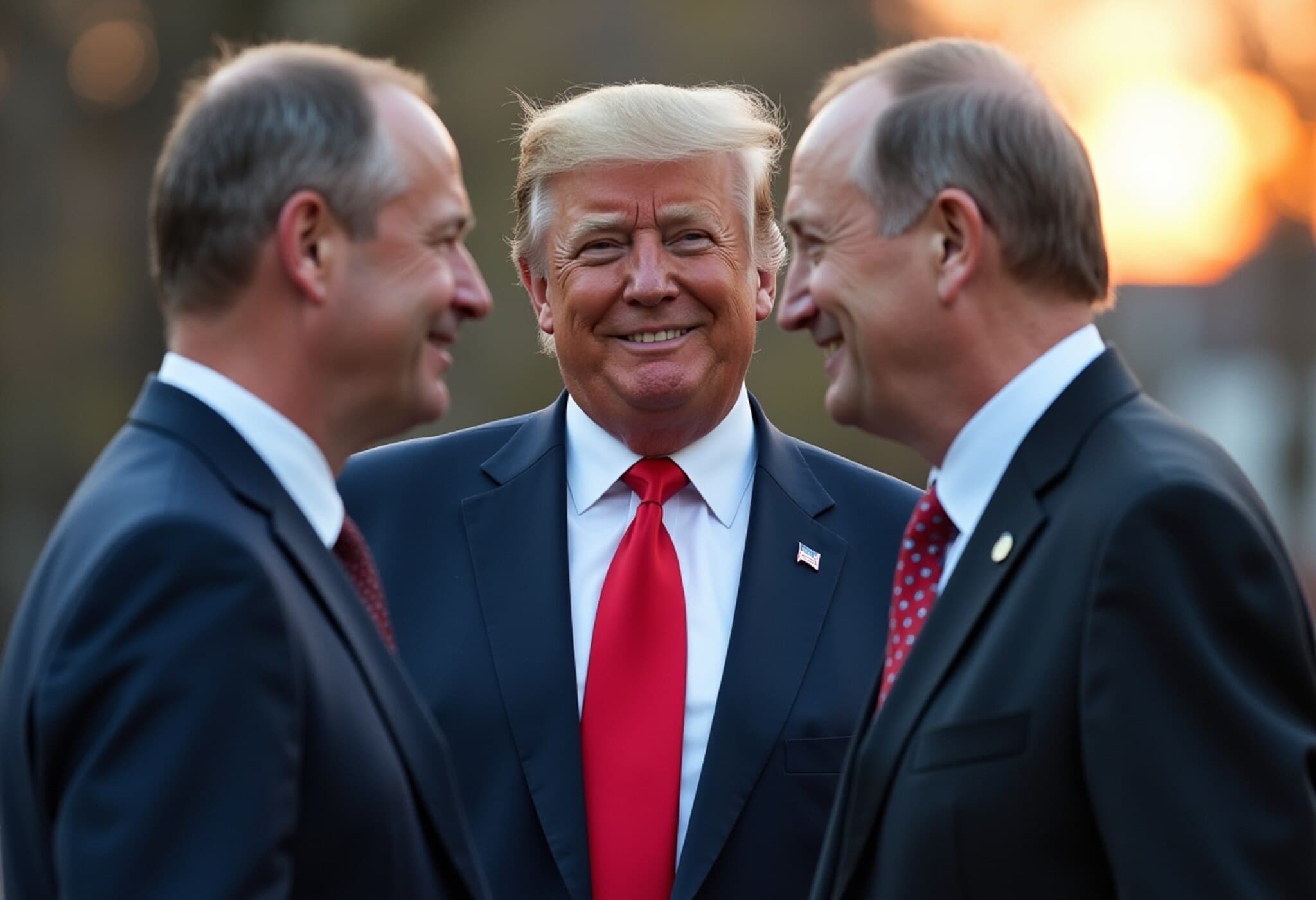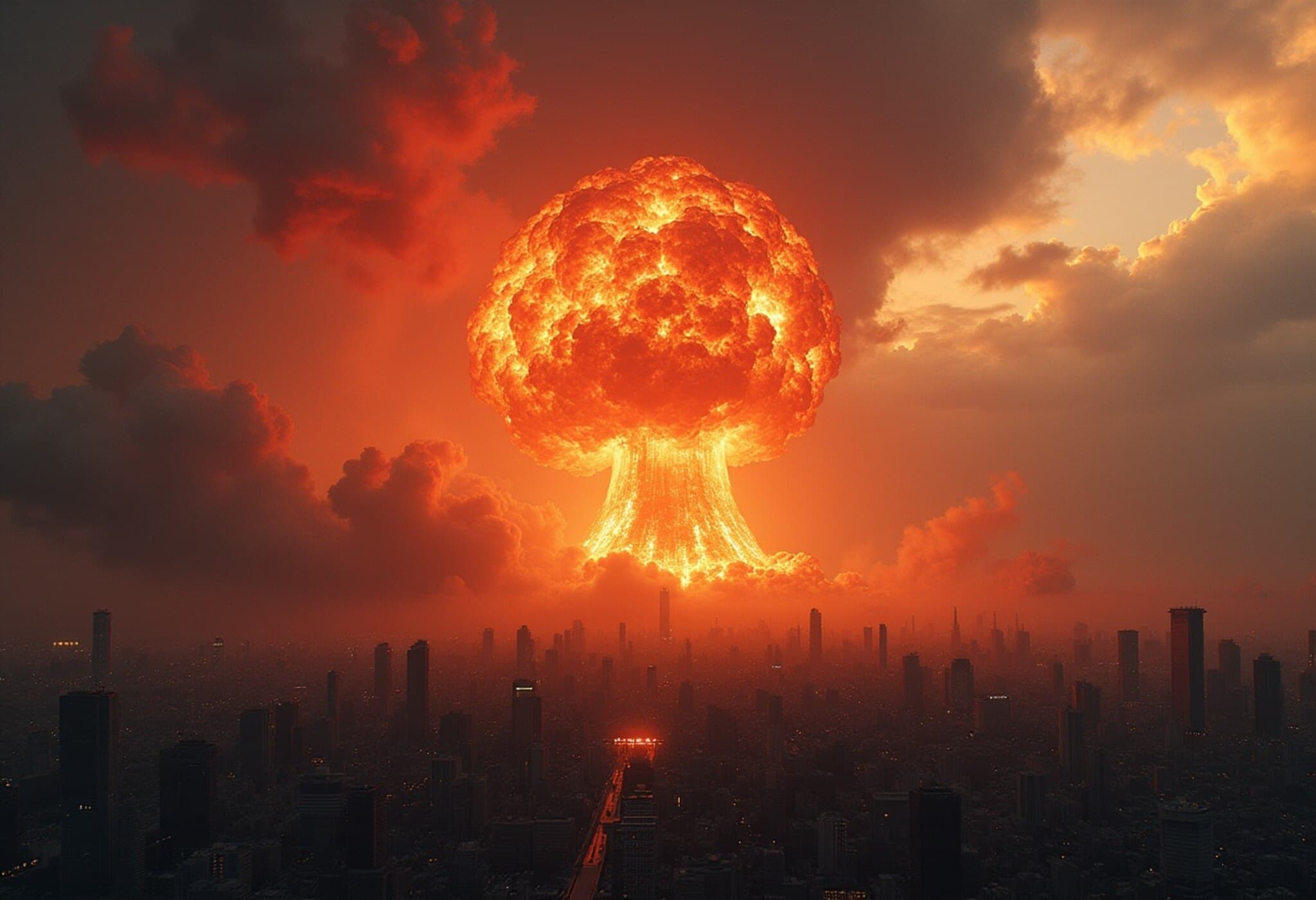Hezbollah's Armed Status Under Growing Pressure
Hezbollah, the Lebanese Shiite militant group that has long wielded significant military and political power in Lebanon, now faces unprecedented pressure to disarm amid shifting regional dynamics and domestic challenges. The devastating 2025 conflict with Israel profoundly weakened Hezbollah's leadership and military capabilities, forcing the question: will Hezbollah surrender its weapons?
Conflict Aftermath Deepens Hezbollah’s Vulnerabilities
The recent war, triggered by Hezbollah’s open support for Hamas during the Gaza conflict, prompted a fierce Israeli military response. This confrontation resulted in severe losses for Hezbollah, including the death of its long-standing leader Hassan Nasrallah—whose mausoleum in southern Beirut has since become a poignant emblem for the group’s loyalists. Senior commanders fell in battle, and much of southern Lebanon was flattened by Israeli airstrikes.
According to reports, the Lebanese army—backed by the United Nations Interim Force in Lebanon (UNIFIL)—claims to have confiscated roughly 90% of Hezbollah’s weapons from southern Lebanon. Meanwhile, a ceasefire agreement mandates Hezbollah’s withdrawal from a strategic 18-mile zone along the Israeli-Lebanese border, while prohibiting rearmament by non-state actors.
The Complex Regional and Political Landscape
Despite these developments, the enforcement of disarmament is fraught with challenges. Israel continues to maintain a military presence in parts of southern Lebanon and frequently launches airstrikes—fueling Hezbollah’s narrative that armed resistance remains necessary. Hezbollah's interim leader, Naim Qassem, has publicly pledged to retain arms as long as Israeli forces occupy Lebanese territory.
However, on the international stage, particularly in Washington D.C., there is mounting advocacy for a rapid disarmament process. The United States, along with European allies, has linked billions in post-war reconstruction aid for Lebanon to Hezbollah’s disarmament, thereby placing the Lebanese government under intense diplomatic and financial pressure.
Lebanon’s Economic Crisis Amplifies Urgency
Lebanon’s ongoing economic collapse exacerbates these delicate political tensions. With infrastructure decimated and public services stretched to the breaking point, Lebanese citizens are clamoring for stability and development aid. President Joseph Aoun has asserted that the Lebanese state should become the sole guarantor of national defense, signaling a push for centralizing military authority and reducing nonstate armed groups’ influence.
Shifting Support and Regional Influences
Compounding Hezbollah’s predicament is a noticeable shift in its traditional backers. Iran, Hezbollah’s principal sponsor, has noticeably dialed back its support amid its own regional challenges—especially as its influence in Syria, a critical corridor for arms and logistics, diminishes. This setback hinders Hezbollah’s ability to replenish lost weaponry, raising questions about their long-term military resilience.
Public sentiment within Lebanon also reflects growing disillusionment. Communities devastated by war recount stories of destruction and hardship rather than triumph. Even within Hezbollah’s strongholds, frustration mounts over slow reconstruction efforts and a scarcity of aid, challenging the group’s historical narrative of resistance and victory.
The Road Ahead: Disarmament or Entrenched Conflict?
- Enforcement hurdles: Ongoing Israeli occupation and airstrikes complicate disarmament efforts and feed Hezbollah’s justifications for armed resistance.
- Internal unrest risks: Disarming Hezbollah risks sparking sectarian tensions and violence within Lebanon’s fragile political environment.
- International stakes: Donors are linking aid to disarmament, increasing pressure on Lebanese leaders to prioritize state authority.
- Regional dynamics: Reduced Iranian support signals a shift that could weaken Hezbollah’s operational capacity.
Lebanon now faces a precarious crossroads—balancing the urgent need for peace, state sovereignty, and economic recovery against the realities of a weakened yet still potent militia with deep roots in the country’s socio-political fabric.
Expert Analysis: What This Means for Lebanon and the Region
From a policy perspective, Hezbollah’s disarmament is not simply a matter of arms control but also emblematic of Lebanon’s broader struggle with governance, sectarianism, and sovereignty. Experts highlight that sustainable peace depends on integrating Hezbollah’s socio-political wing into mainstream Lebanese politics while gradually reducing its military autonomy.
Moreover, the international community's insistence on disarmament as a precondition for aid raises complex ethical and practical questions about leveraging humanitarian assistance for political objectives. Analysts caution that without inclusive political dialogue and economic reform, disenfranchised groups may resort to violence, undermining Lebanon's stability.
Editor’s Note
Hezbollah’s future remains one of Lebanon’s most contentious and critical issues. The recent war has undeniably debilitated the group, yet disarmament is beset by geopolitical, domestic, and humanitarian challenges. As Lebanon grapples with economic collapse and political fragmentation, the global community’s approach to Hezbollah will likely shape not only Lebanon’s security landscape but the broader stability of the Middle East for years to come.
Will Hezbollah ultimately lay down its arms, or will its entrenched role force a new chapter of conflict? This unfolding story demands watchful attention and nuanced understanding from policymakers and global citizens alike.

